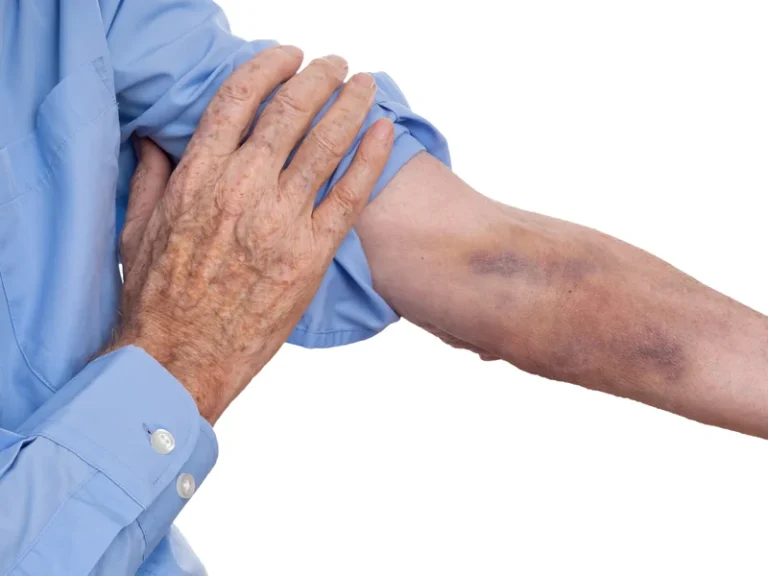
Your doctor may prescribe proton pump inhibitors or H2 antagonists to reduce the production of stomach acid. See your doctor to treat kidney stones or a kidney infection if they are the cause. 2The terms “alcoholic patient” and “alcoholism” as used in this article are summary terms for the diagnoses of alcohol abuse and alcohol dependence as defined variously by the studies cited. The difficulties in successfully managing dilutional hyponatremia have resulted in the recent emergence of a promising class of new drugs to treat this abnormality. Specifically, drugs known as arginine vasopressin antagonists are being developed to inhibit ADH at the cell receptor level. These new drugs should dramatically facilitate treatment of cirrhotic patients with impaired fluid handling.

It’s not as simple as one drink, one unit

Alcohol affects the kidneys’ ability to keep the correct balance of water and electrolytes in the body. This leads to impaired function of the kidneys and increases the risk of developing kidney stones. Chronic dehydration puts you at greater risk for these adverse effects. Liver disease makes you susceptible to pain or discomfort after drinking alcohol.
Chronic kidney disease (CKD) stages
Each of those consequences can cause turmoil that can negatively affect your long-term emotional health. Your body breaks alcohol down into a chemical called acetaldehyde, which damages your DNA. Damaged DNA can cause a cell to grow out of control, which results in cancerous tumors. Having a glass of wine with dinner or a beer at a party here and there isn’t going to destroy your gut. But even low amounts of daily drinking and prolonged and heavy use of alcohol can lead to significant problems for your digestive system. But there’s plenty of research to back up the notion that alcohol does lead to weight gain in general.

Search Results
Although the kidneys have a regenerative capacity, there are limits to their recovery. Extended and severe conditions, such as CKD or kidney failure, might be irreversible. Treatment options such as dialysis or kidney transplantation may become https://ecosoberhouse.com/ necessary (20). Kidney failure and alcohol use are often linked, and it seems there’s no turning back once damage is done. If you have any other questions about enjoying alcohol safely, please speak to your doctor or your kidney dietitian.
Data availability
- Hypomagnesemia responds readily to magnesium supplementation treatment, however.
- Alkalosis was present in 71 percent of patients with established liver disease in 11 studies, and respiratory alkalosis was the most common disturbance in 7 of the studies (Oster and Perez 1996).
- The characteristics of the study design and other details of these studies are presented in Table 1.
- However, 2012 research suggests your risk of developing kidney cancer may be lower if you consume alcohol.
- While this is by means no recommendation to drink more alcohol or to start drinking, they do suggest that light to moderate drinking has not been shown to increase the risk of developing CKD.
Alcohol-induced urination reduced the subjects’ plasma volume, resulting in an increased concentration of plasma sodium. In addition, the subjects’ blood pressure and plasma potassium concentration decreased. These changes in fluid volume, electrolyte balance, and blood pressure may have stimulated the activity of hormones to return body fluid volume and composition back to normal, which occurred soon after consumption. Clinical studies of hypertensive patients have demonstrated that reducing alcohol intake lowers blood pressure and resuming consumption raises it.
Those with a diagnosis of CKD in the medical insurance record before the interview date were excluded. The follow-up duration began since the interview date and censored on the date of incident CKD, death, or Dec 31, 2013, which ever come first. The slope of decline in the eGFR estimated over 12 years was less steep in the higher alcohol and kidneys alcohol intake groups (Fig. 3). See a doctor or therapist if you feel you’re dependent on alcohol or if it’s interfering with your life in some way. Your doctor may prescribe kidney medication or recommend programs in your area to help you. You can have a sports drink that has electrolytes and a carbohydrate solution.
Your kidney health is unique. Your path should be too.
Additionally, the kidneys help regulate blood pressure, stimulate red blood cell production, and contribute to bone health. Several epidemiological studies have shown that mild alcohol consumption benefits cardiovascular health (Coate 1993; Kannel and Ellison 1996) by reducing the risk of coronary heart disease (Mukamal et al. 2006). In contrast, heavy drinking leads to the development of nonischemic dilated cardiomyopathy (Klatsky 2007) and significantly increases the risk of sudden cardiac death (Hookana et al. 2011). Due to the metabolism of ethanol, significant amounts of acetate are produced and subsequently incorporated into acetyl-coenzyme-A, a molecule that participates in metabolism of proteins, lipids, and carbohydrates. Protein acetylation—adding an acetyl group to a protein—is integral to regulating processes controlled by mitochondria, including fatty acid metabolism and antioxidant defense (Choudhary et al. 2014).
- Even at high blood alcohol levels, only minor fluctuations were found in the rates of plasma flow and filtration through the kidneys (Rubini et al. 1955).
- Experts say that having 4 to 7 drinks a day is the cause of this disorder.
- Blood urea nitrogen (BUN) levels and serum concentrations of the waste product creatinine are somewhat elevated, but rarely to the degree seen in patients with end-stage kidney failure when kidney disease is the primary disorder.
However, more research is needed into the link between alcohol use and kidney injury. The kidneys help filter the blood, including by filtering out harmful substances such as alcohol. We used data from the National Health Interview Survey (NHIS) in 2001, 2005, and 2009; the National Health Insurance research database; and, the National Deaths Dataset. All data were composed, organized, and explored in the Health and Welfare Data Science Center of Ministry of Health and Welfare in Taiwan.

People who drink too much are more likely to have high blood pressure. And medications for high blood pressure can be affected by alcohol. More than two drinks a day can increase your chance of developing high blood pressure. Drinking alcohol in these amounts is a risk factor for developing a sign of kidney disease, protein in the urine (albuminuria). The good news is that you can prevent this by not drinking too much alcohol.

